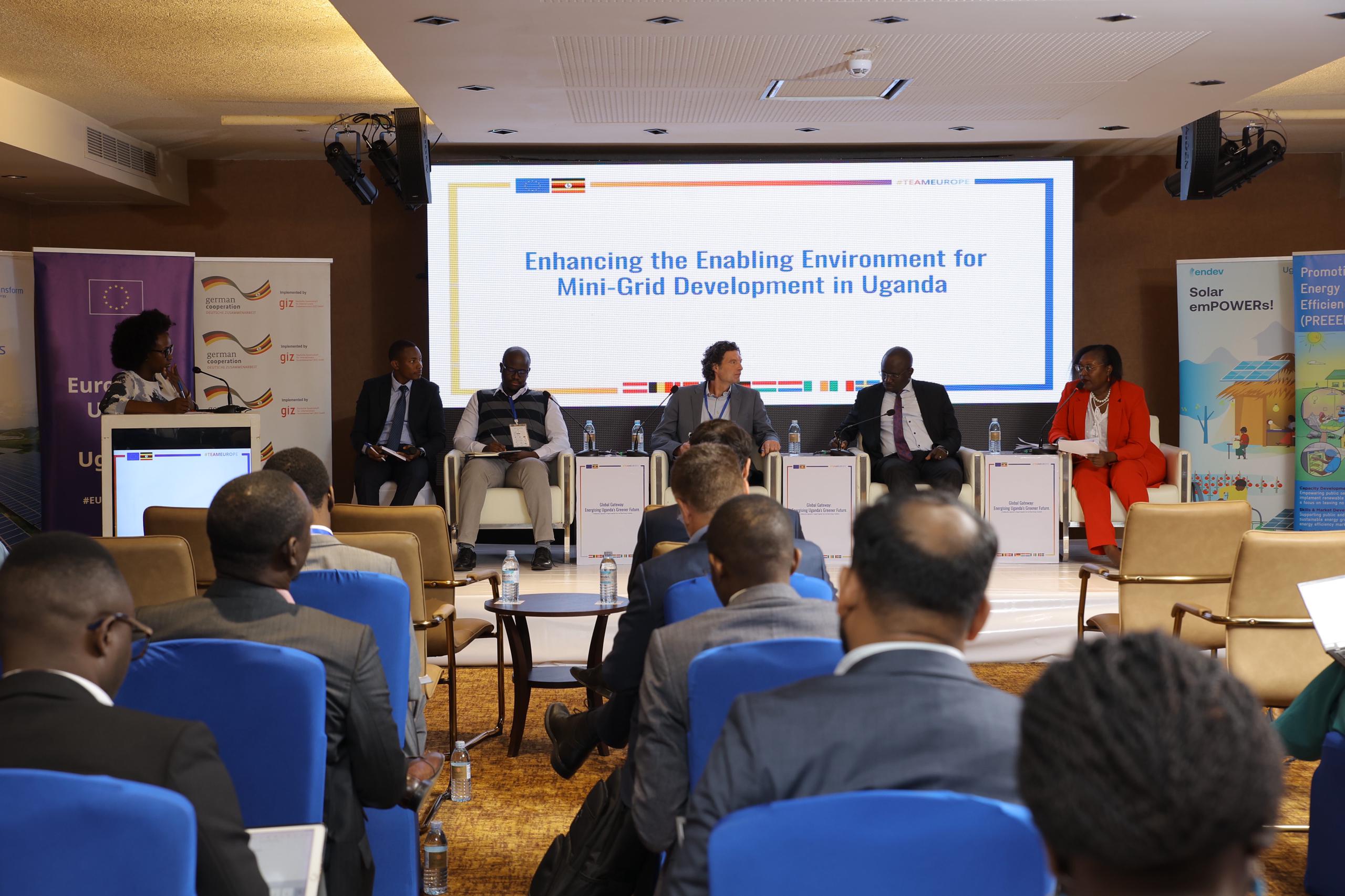During a recent high-level panel discussion on Thursday, Uganda’s private sector called for extended concession periods to facilitate the development of mini-grids, which are essential for the country’s renewable energy…
Mini-grid Investors Seek Longer Concession Periods to Boost Uganda’s Renewable Energy


